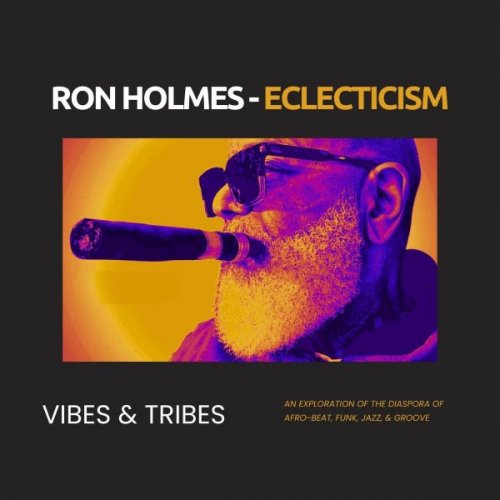Carmen Delia Dipini - Canta (1956)
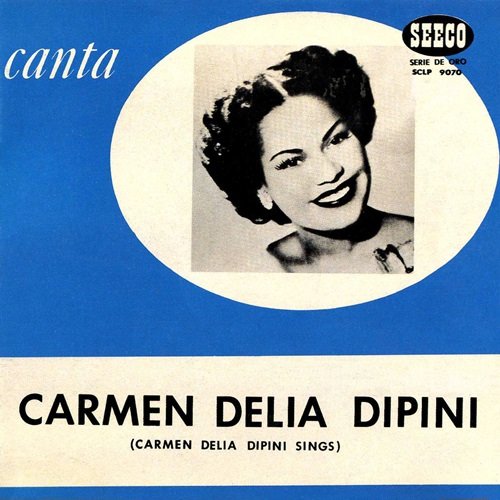
Artist: Carmen Delia Dipini
Title: Canta
Year Of Release: 1956
Label: Fania
Genre: Latin, Afro-Cuban
Quality: Mp3 320 / Flac (tracks)
Total Time: 34:56
Total Size: 87/180 Mb
WebSite: Album Preview
Tracklist:Title: Canta
Year Of Release: 1956
Label: Fania
Genre: Latin, Afro-Cuban
Quality: Mp3 320 / Flac (tracks)
Total Time: 34:56
Total Size: 87/180 Mb
WebSite: Album Preview
01. Besos De Fuego 2:21
02. Dímelo 3:01
03. Son Amores 2:57
04. Experiencia 2:39
05. Ignorancia 3:25
06. No Es Venganza 3:29
07. Si No Vuelves 3:02
08. Delirio 3:11
09. Vuelve Alma Mía 2:50
10. Regálame Un Minuto 2:41
11. Para Que La Oigas 2:41
12. No Te Demores 2:41
Carmen Delia Dipiní Piñero (Naguabo, November 18, 1927 – August 4, 1998) was a Puerto Rican bolero singer. Her heyday came when she performed her songs with the Sonora Matancera. She began singing in 1937, under the instruction of teacher Amparo Brenes at the Eugenio Brac Elementary School in Naguabo. In 1941, she made her professional debut on a program hosted by Rafael Quiñones Vidal on WNAM.
With the help of her friend Ruth Fernández, she moved to New York in 1947, where she became a professional singer. This happened when she was participating in Willy Chevalier's amateur program at the Triboro Theater, where she won First Prize and the Verne record label hired her to record with Johnny Albino and the San Juan Trio the songs "El día que nací yo", "Perdida" and "Duérmete mi Junior". She worked in several theaters such as the Jefferson, Hispano, Puerto Rico and with the radio station WWRL, as well as in numerous nightclubs. She was later hired by Casa Seeco and with them recorded "Besos de fuego", a tango whose original title is "El choclo" and with new lyrics by Mario de Jesús, accompanied by the René Touzet Orchestra, catapulted her internationally. [citation needed] The singer, born on November 18, 1927 in Naguabo, recorded in Cuba with the Sonora Matancera in the mid-1950s. She also sang with the Conjunto Casino and did radio and television in Havana. She joined Johnny Rodríguez and achieved countless hits with the songs "Fichas Negras," "Soy Mimosa," and "Dímelo." She also recorded other great hits such as "Son Amores," "Experiencia," "Si No Volvers," "Delirio," and "No Es Vengenza." Throughout her life, she recorded 30 long-playing albums, and one of them, in the 1960s, was a tribute to Sylvia Rexach, alongside Tato Díaz of the quartet Los Hispanos. She traveled extensively throughout Latin America [citation needed]. In fact, during one of her performances in Venezuela, fans rioted to see her. She also visited Mexico three times, remaining there for seven years. During that time, she was recruited to record for the multinational labels Columbia and RCA Victor. With the latter, she produced the album "Especialmente para ti" (Specially for you), accompanied by the Chucho Ferrer orchestra. In the 1960s, the artist revived her recording catalog with "Encadenados." On this recording, Carmen Delia was accompanied by Leroy Holmes, who years earlier had accompanied Tito Rodríguez on the classic "Inolvidable." In the 1970s, the popular singer made a series of recordings with Ramoncito Rodríguez of the Los Andinos Trio. In 1979, she also produced a new recording under the direction of maestro Mandy Vizozo. And in 1986, she participated in the "Somos el prójimo" project, which, in the midst of the era of "We Are the World"-type recordings, was made in Puerto Rico for a charity. Carmen Delia Dipiní remained active until her final moments, singing on television programs and enjoying the fame that her entire career had brought her. The unforgettable performer of "Amor perdido" and "Congoja" was the recipient of many awards. One of her last honors was the inauguration of the Carmen Delia Dipiní Café-Teatro, an artistic center dedicated to her by the Municipality of Bayamón next to the Paseo de los Artistas. She died on August 4, 1998.
With the help of her friend Ruth Fernández, she moved to New York in 1947, where she became a professional singer. This happened when she was participating in Willy Chevalier's amateur program at the Triboro Theater, where she won First Prize and the Verne record label hired her to record with Johnny Albino and the San Juan Trio the songs "El día que nací yo", "Perdida" and "Duérmete mi Junior". She worked in several theaters such as the Jefferson, Hispano, Puerto Rico and with the radio station WWRL, as well as in numerous nightclubs. She was later hired by Casa Seeco and with them recorded "Besos de fuego", a tango whose original title is "El choclo" and with new lyrics by Mario de Jesús, accompanied by the René Touzet Orchestra, catapulted her internationally. [citation needed] The singer, born on November 18, 1927 in Naguabo, recorded in Cuba with the Sonora Matancera in the mid-1950s. She also sang with the Conjunto Casino and did radio and television in Havana. She joined Johnny Rodríguez and achieved countless hits with the songs "Fichas Negras," "Soy Mimosa," and "Dímelo." She also recorded other great hits such as "Son Amores," "Experiencia," "Si No Volvers," "Delirio," and "No Es Vengenza." Throughout her life, she recorded 30 long-playing albums, and one of them, in the 1960s, was a tribute to Sylvia Rexach, alongside Tato Díaz of the quartet Los Hispanos. She traveled extensively throughout Latin America [citation needed]. In fact, during one of her performances in Venezuela, fans rioted to see her. She also visited Mexico three times, remaining there for seven years. During that time, she was recruited to record for the multinational labels Columbia and RCA Victor. With the latter, she produced the album "Especialmente para ti" (Specially for you), accompanied by the Chucho Ferrer orchestra. In the 1960s, the artist revived her recording catalog with "Encadenados." On this recording, Carmen Delia was accompanied by Leroy Holmes, who years earlier had accompanied Tito Rodríguez on the classic "Inolvidable." In the 1970s, the popular singer made a series of recordings with Ramoncito Rodríguez of the Los Andinos Trio. In 1979, she also produced a new recording under the direction of maestro Mandy Vizozo. And in 1986, she participated in the "Somos el prójimo" project, which, in the midst of the era of "We Are the World"-type recordings, was made in Puerto Rico for a charity. Carmen Delia Dipiní remained active until her final moments, singing on television programs and enjoying the fame that her entire career had brought her. The unforgettable performer of "Amor perdido" and "Congoja" was the recipient of many awards. One of her last honors was the inauguration of the Carmen Delia Dipiní Café-Teatro, an artistic center dedicated to her by the Municipality of Bayamón next to the Paseo de los Artistas. She died on August 4, 1998.
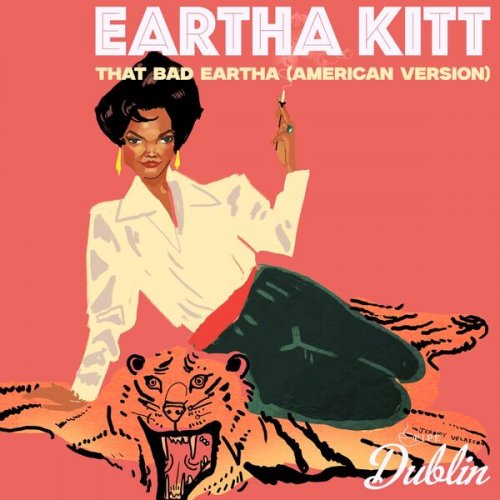
![Ettore De Carolis - Dipingi di giallo il tuo poliziotto (Original Soundtrack) (2026) [Hi-Res] Ettore De Carolis - Dipingi di giallo il tuo poliziotto (Original Soundtrack) (2026) [Hi-Res]](https://img.israbox.com/img/2026-02/09/r8pq1f4pzhnkp2uy0b3vwlie6.jpg)

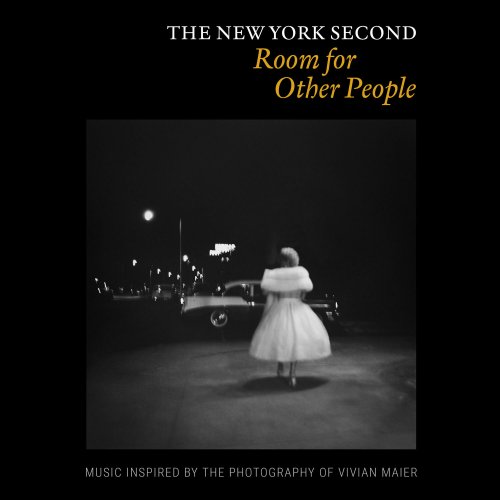
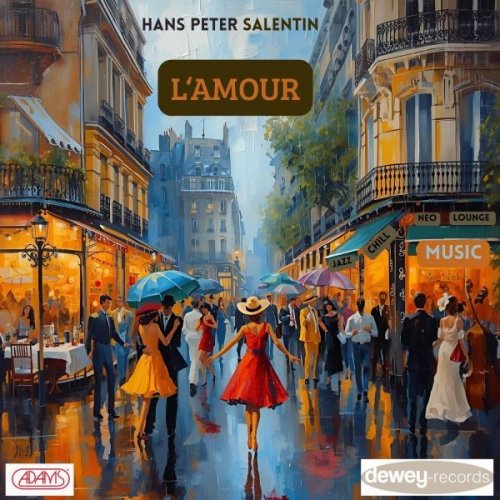
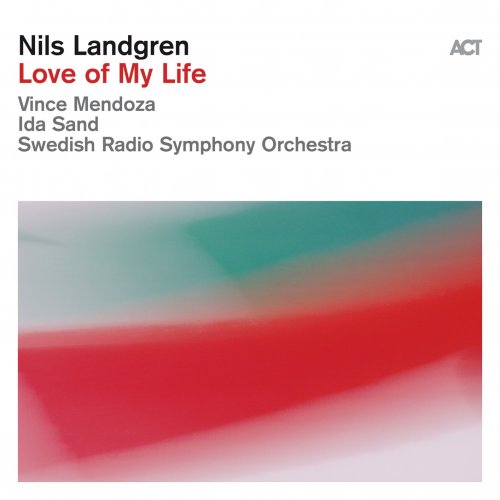
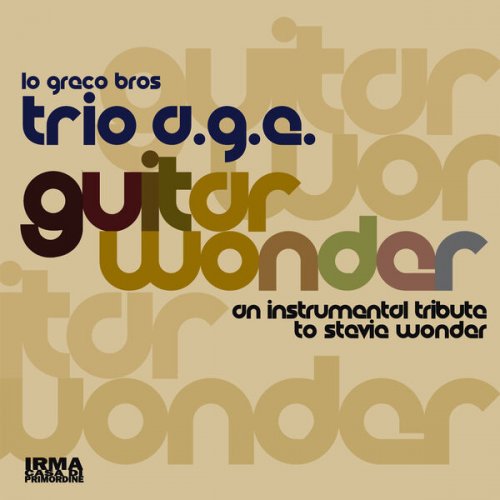
![Gal Golob - Gal Golob Trio Live at Jazz Cerkno (Live) (2025) [Hi-Res] Gal Golob - Gal Golob Trio Live at Jazz Cerkno (Live) (2025) [Hi-Res]](https://img.israbox.com/img/2026-02/09/0sr1cx835g04x8g6nfpgvtips.jpg)
